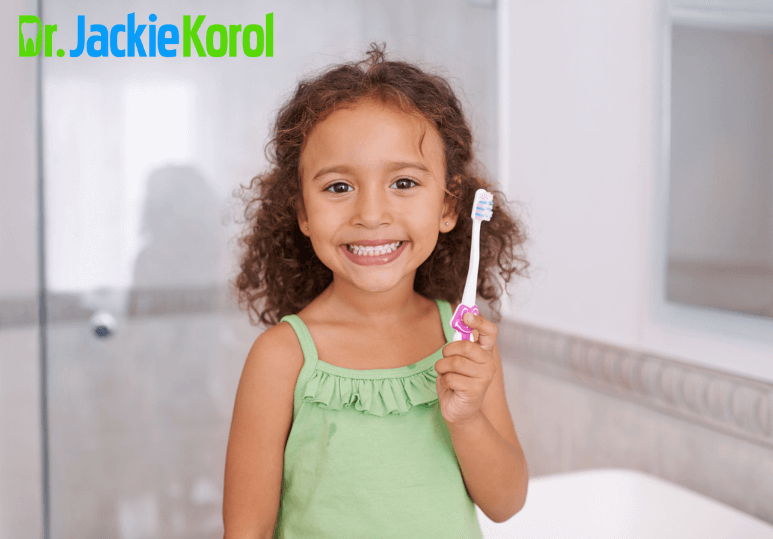Invented in 1952 by a Swedish orthopedic surgeon named Per-Ingvar Brånemark, modern dental implants have been traditionally fitted with titanium. This allows the implant to integrate into the jaw bone without the body recognizing it as a foreign object.
However, traditional dental implants contain a toxic heavy metal: mercury. Over time, this substance has caused many health problems for patients.
Thankfully, dentists have eventually discovered that dental implants made of ceramic confer many benefits over their traditional counterparts.
What Are Ceramic Implants?
A denture implant is a surgical fixture placed into the jaw bone that acts as a replacement for the root of a missing tooth. Within a few months, the implant fuses with the jaw bone. It then integrates with other teeth and stabilizes them. This artificial tooth root is considered the standard in terms of prosthetic teeth replacements.
Unlike metal implants, ceramic implants are made from biocompatible, metal-free materials that look just like regular teeth. They offer many health benefits compared to traditional metal implants and pose no risk of mercury poisoning.
To learn more about our commitment to mercury-free, biocompatible dental products, and dental implant services, please contact us by calling 403-245-9099 or by filling out our online contact form.
4 Benefits Of Ceramic Implants
Aesthetics
Ceramic dental implants are completely white and mimic the look of natural teeth. Patients susceptible to gum recession or who naturally have thin, translucent gums no longer need to worry about their implants showing through. Unlike metal implants, ceramic dental implants do not darken the gums over time as a result of corrosion and do not release metal ions into the bone and gum tissue. In short, ceramic implants do not harm the gums and blend in perfectly in the mouth due to their natural base colour.
Allergies & Sensitivities
Patients using traditional metal implants have often complained about irritation, discomfort, or inflammation of the implant area. These issues can lead to implant complications and other systemic health issues.
Ceramic implants, on the other hand, are hypoallergenic and are an excellent choice for patients with immune disorders, sensitivity to metals, or other health concerns.
Corrosion Resistant
Ceramic material is resistant to chemical corrosion and will not conduct heat or electricity. As a bio-inert material, it will not trigger any chemical reactions or affect the maintenance of optimal oral health. They are also non-conductive, which makes bacteria growth less likely to occur. This leads to healthier gum tissue.
Maintenance And Durability
Ceramic implants are renowned for their long-term strength and durability built to withstand large masticatory pressure. Inflexible, they offer stability without the use of adhesives. These implants are also quite easy to maintain as they do not attract bacteria-loving plaque, unlike metal implants.
Conclusion
Over the last decade, ceramic implants have become increasingly popular due to their health benefits and aesthetic design. Because of their proven strength and their faithful resemblance to real teeth, ceramic implants have been gradually phasing out traditional metal implants. For patients who follow principles for holistic health, these bio-inert implants minimally affect the surrounding tissue, which helps promote better overall health.
Ceramic dental implants can enhance and alter your appearance and quality of life. Whether you are looking to replace one or more missing teeth, there are many reasons to turn to ceramic dental implants. If you are considering dental implants, your dental professional will be able to assess your unique needs and inform you how ceramic dental can address them.
To find out more about our affordable and high-quality dental implants, contact our Calgary Dental Clinic at 403-245-9099 or book an appointment.
FAQs
How long does it take to heal from dental implant surgery?
Once the tooth has been extracted and the implant has been placed, remove the stitches after 14 days.
For osseointegration to occur, you must also wait 2 to 4 months after the surgery before getting a crown (the portion of the implant that replicates the missing tooth).
Osseointegration is the process where the implant fuses to the jaw bone. This fusion stabilizes the implant so that it can withstand high pressure from chewing.
Does getting a dental implant hurt?
Local anesthesia is used on the area in which the implant is to be placed. Patients will not feel anything during the procedure and can expect to return to work or engage in daily activities the next day.
How do I know if I should get metal or ceramic implants?
Talk to your dentist about ceramic implant options and discuss whether you are a good candidate. Ceramic implants offer many benefits over traditional metal implants. If you are concerned about mercury poisoning, do not like the aesthetic appearance of metal implants, or have an immune disorder, then ceramic implants may be the better fit for you.





